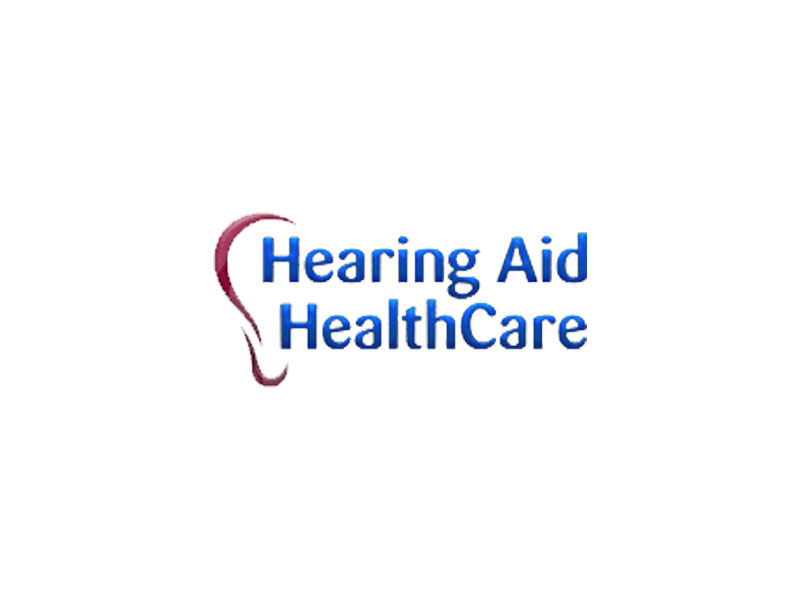Having problems hearing? The most common reason for temporary hearing loss is an accumulation of ear wax within the ear canal. Clearly, if you have encountered this or believe that a buildup of ear wax may have caused some reduced hearing, you would like to clean out your ears. Although this is a natural wish, it is important to know how to clean your ears safely, without causing hearing or ear canal damage.
To emphasize safety when cleaning your ears, we will start with what not to do. Avoid the use of cotton swabs or any other solid objects that you insert into your ears, as they may cause the ear wax to compress further. Likewise, do not use any kind of device that injects a pressurized stream of water into your ears, such as a WaterPik, because this can perforate the ear drum. Lastly, if you're sure that you have a ruptured eardrum, leave cleaning your ears to a specialist. The same is true if you suspect you have an ear infection. If you believe you might have an infection, common signs and symptoms to look for include fever, fluid draining from the ears, eggs and ear pain.
To clean your ears safely and gently at home, all you really need is a bulb or syringe, available from any drug store, and a rinse solution. Get the rinse solution (usually carbamide peroxide) at a drug store or mix your own solution by mixing equal parts mineral oil, 3%-4% and glycerin.
To apply the solution, carefully squeeze the solution into the ear with the bulb or syringe. It generally works best to lay down on your side and have a towel on hand to catch any drips. Avoid touching the ear with the bulb if possible. The solution takes time to work, so keep it in each ear for a few minutes, and then repeat with the other ear.
Once the rinse solution has softened and loosened the ear wax, flush your ears with lukewarm water, and then dry your ears completely with a soft towel, taking care not to insert the towel into the ears themselves. If your ears still seem obstructed, do this again a couple of times a day for 2 to 3 days. If the issue continues any longer, consult your an hearing instrument specialist or hearing specialist.
